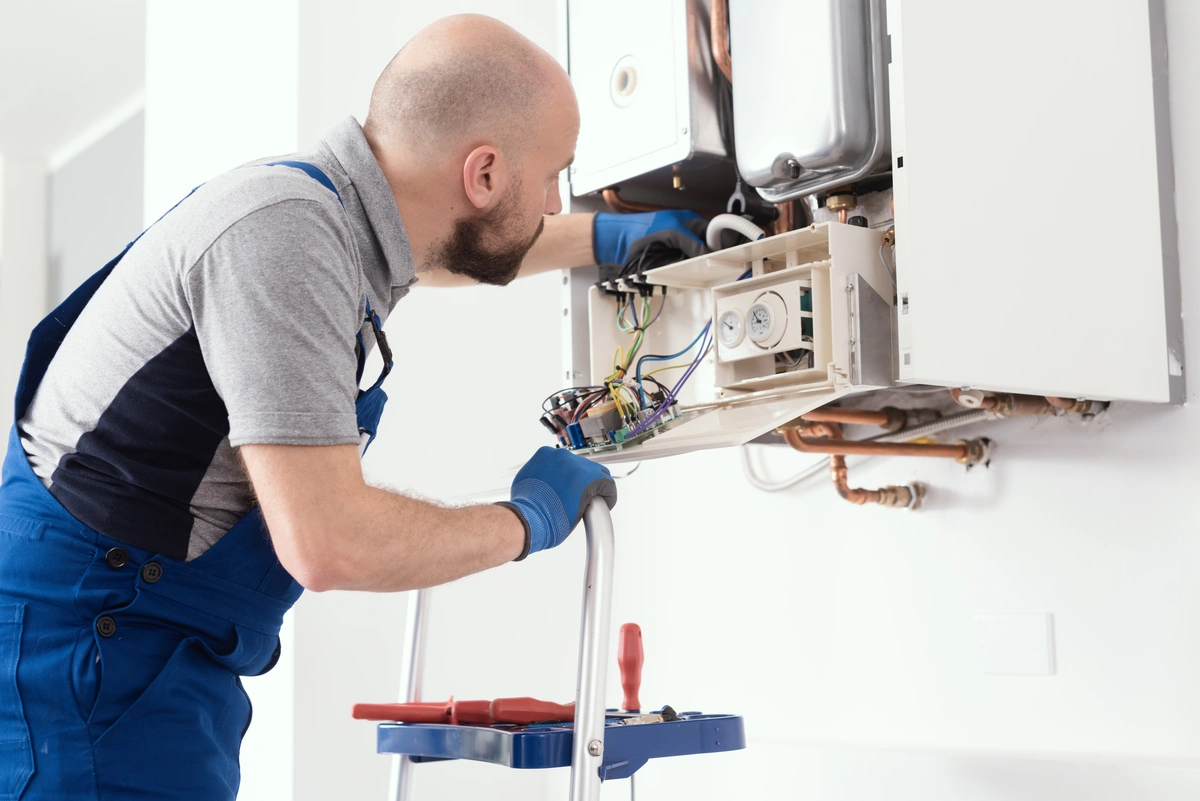Are you tired of taking cold showers or waiting forever for your water to heat up? Well, it might be time to replace your water heater. But before you buy a new one, there are some important factors to consider.
In this comprehensive guide, we’ll discuss everything you need to know about water heaters, including:
- Signs that you need a replacement
- Factors to consider when choosing a new one
- The costs associated with installation
By the end of this article, you’ll have the full water heater replacement cost breakdown. Read on to discover more!
4 Signs That It’s Time to Get a New Water Heater
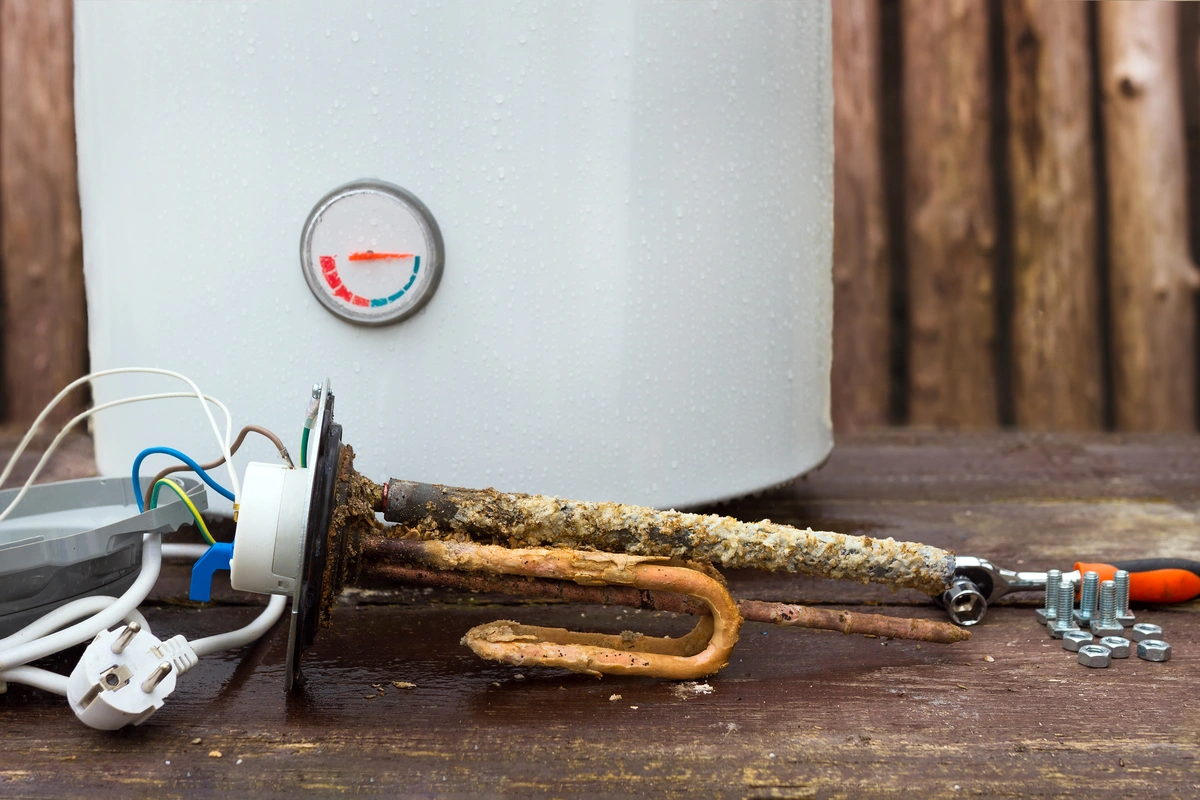
Your water heater plays a crucial role in your home, so it’s vital to know when it’s time to replace it. Here are a few signs that your water heater may need to be replaced:
Age
If your water heater is over 10 years old, it’s likely time to replace it. Water heaters have a lifespan of around 8-15 years, and after that, they start to become less efficient and more prone to breakdowns.
Rust and Corrosion
If you notice rust or corrosion on your water heater tank, it’s a sign that it’s time to replace it. Rust and corrosion can lead to leaks and other damage, which can be expensive to repair.
Water Quality
If your water has a metallic taste or smell, it might be an indicator that your water heater is rusting on the inside. This can cause sediment buildup and reduce the efficiency of your water heater.
Noise
If your water heater is making strange noises, such as popping or banging sounds, it’s likely because of sediment in the tank. This can also reduce the efficiency of your water heater and lead to malfunctions.
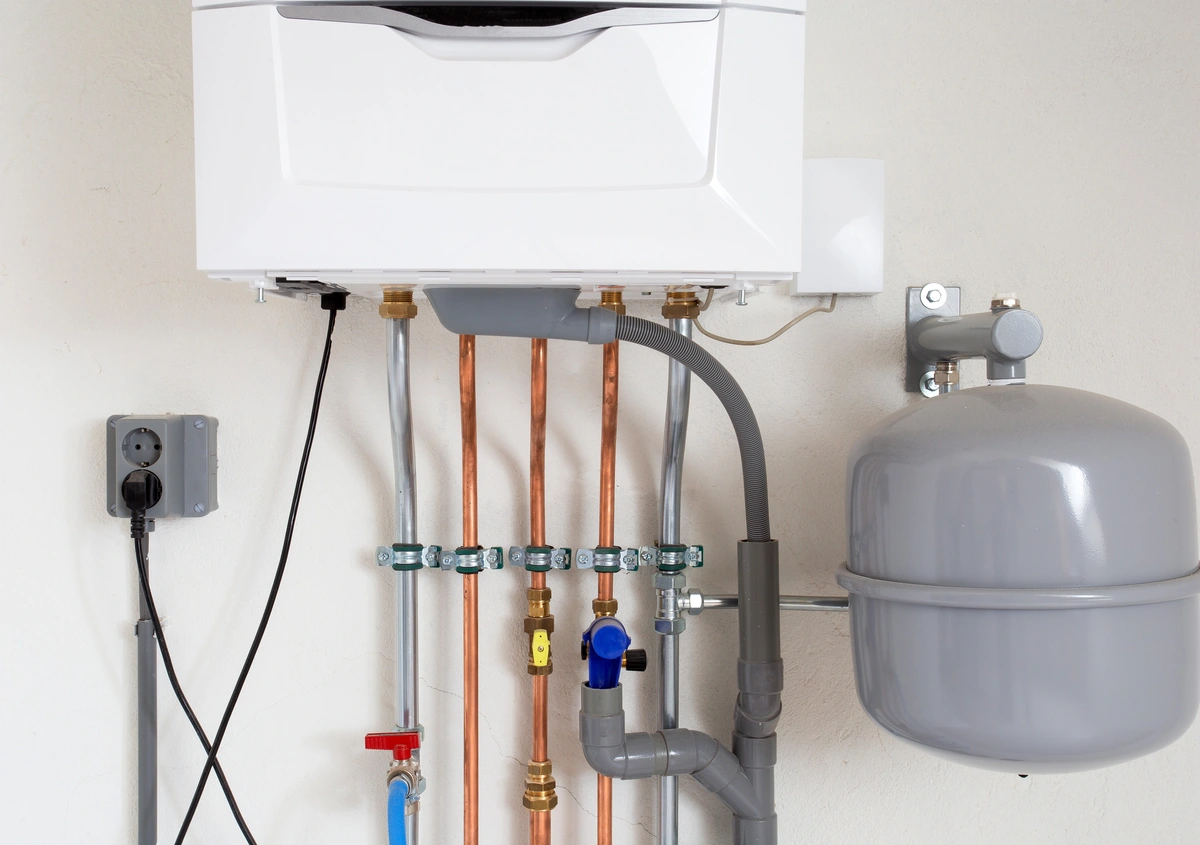
If you notice any of these signs, it’s imperative to replace your water heater before it breaks down completely. Now that you know when to get a water heater installation, let’s take a look at factors to consider for hot water heater replacement.
Getting a Replacement Water Heater: Factors to Consider
Once you’ve decided on the type of water heater you want, there are other things to keep in mind before making your purchase:
- Size – The size of your water heater depends on your hot water usage. A large household with heavy hot water usage will need a bigger water heater than a smaller household with lower hot water usage. It’s essential to pick the right size water heater to avoid wasted energy and high utility bills.
- Fuel Type – Water heaters can be powered by electricity, gas, or propane. The fuel type you select will likely be based on availability, cost, and efficiency. Gas and propane water heaters are more energy-friendly than electric water heaters. However, they require a gas line, which is costly to install.
- Energy Efficiency – Water heaters with a high Energy Factor (EF) rating are more energy-efficient and can save you money on your utility bills. Look for water heaters with an EF rating of 0.67 or higher.
- Cost – The cost of your new water heater will vary based on different factors. Tank water heaters are generally less expensive than tankless water heaters; however, they sometimes have higher energy costs. When choosing a water heater, it’s wise to consider the long-term expenses, not just the initial ones.In addition to the price of the water heater itself, you’ll also have to think about the cost of getting it installed. The amount you pay for labor will vary as well.
Types of Water Heaters: Tank vs. Tankless
When it comes to water heaters, there are two main types: tank and tankless. Each has its own set of pros and cons, so it’s important to pick the one that’s right for your home.
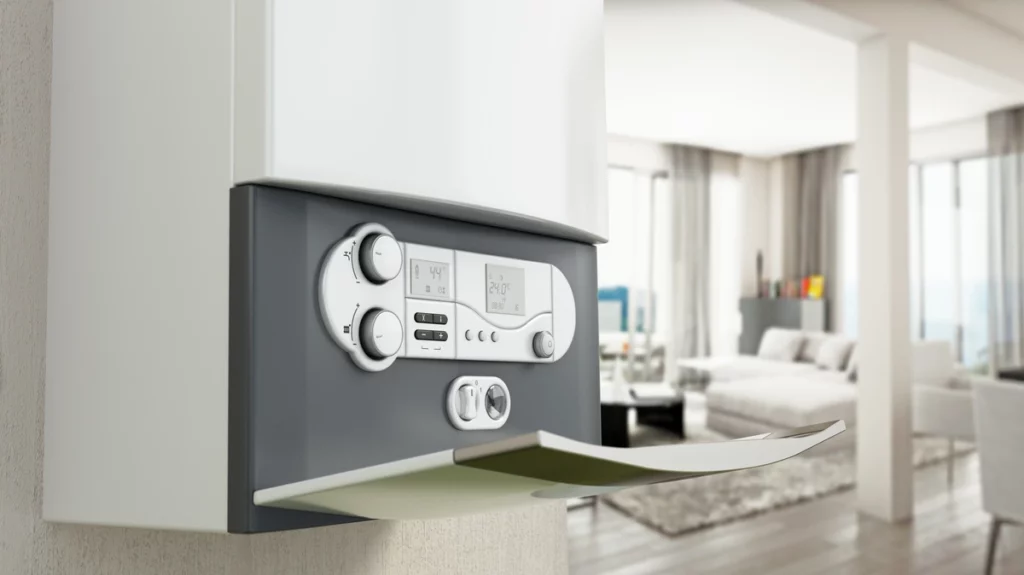
Tank Water Heaters
Tank water heaters are the most common. They store hot water in a tank and keep it heated until it’s needed. Tank water heaters come in a range of sizes, from 20 to 80 gallons, and are suitable for homes with multiple bathrooms and heavy hot water usage.
Pros:
- Lower initial cost than tankless water heaters
- Can supply hot water to multiple fixtures at once
- Easy to install and maintain
Cons:
- Higher energy costs due to standby heat loss
- Limited hot water supply
- Bulky and take up more space than tankless water heaters
Tankless Water Heaters
Tankless water heaters heat water on demand, which means they don’t store hot water in a tank.
Pros:
- Energy-efficient, as they only heat water when needed
- Unlimited hot water supply
- Compact and take up less space than tank water heaters
Cons:
- Higher initial cost than tank water heaters
- May require a larger gas line
When deciding between a tank and tankless water heater, be sure to think about your hot water usage, space limitations, and budget.
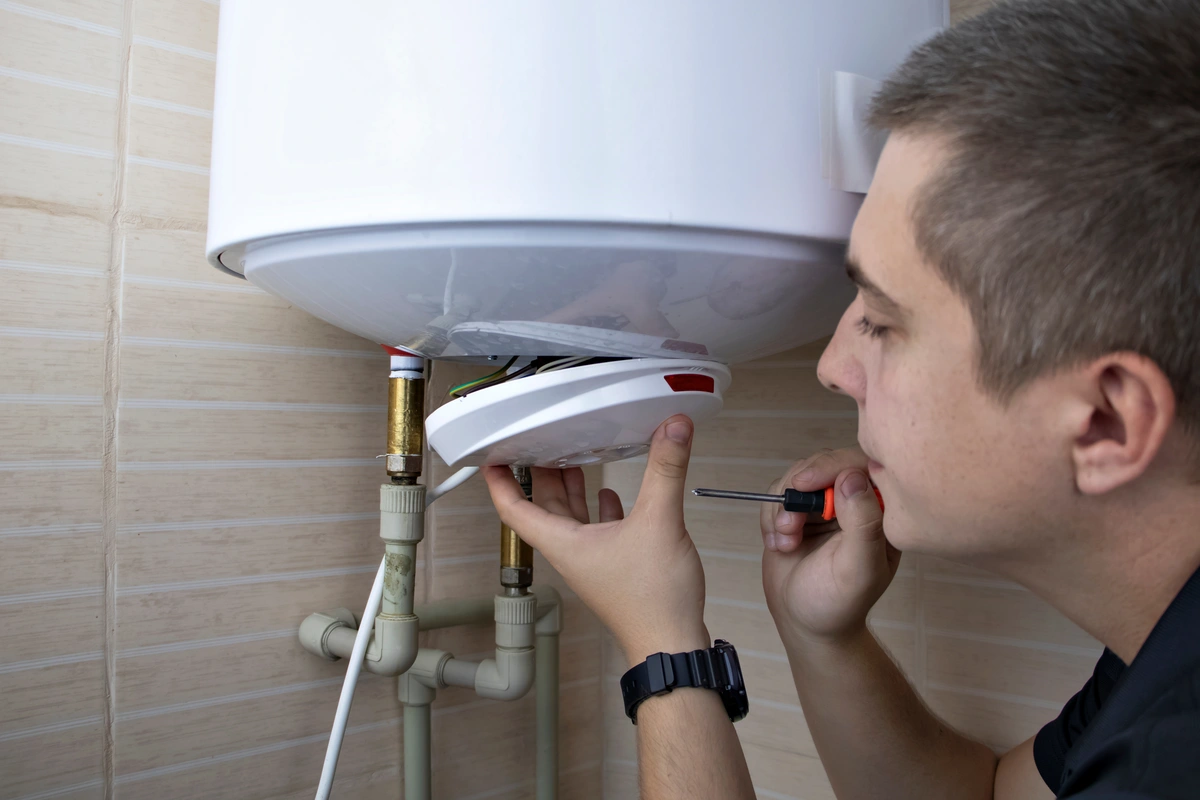
Water Heater Replacement Cost
As mentioned above, the costs associated with replacing your water heater vary based on multiple factors. On average, a new tank water heater can cost anywhere from $750 to $1,650, depending on the size and fuel source. Installation can range from $200 to $550.
On the other hand, a tankless water heater could cost $500 to $2,500, and installation spans between $400 to $1,000.
The good news is— water heaters last quite a while. A tank water heater usually lasts 8-12 years, while the tankless option typically lasts up to 20 years.
Time To Get Rid of Your Old Water Heater?
If it’s time for you to replace your water heater, give us a call. At Black Tie Plumbing, we have the skills and experience to efficiently take care of your plumbing needs. Our experienced water heater specialists can repair or replace your appliance in no time.
We specialize in gas, electric, and tankless water heaters. Plus, we work with most models.
If you’re ready for an upgrade, call us at 1-888-973-3981, or get in contact with us on our website. We’ll be in touch with you soon!

